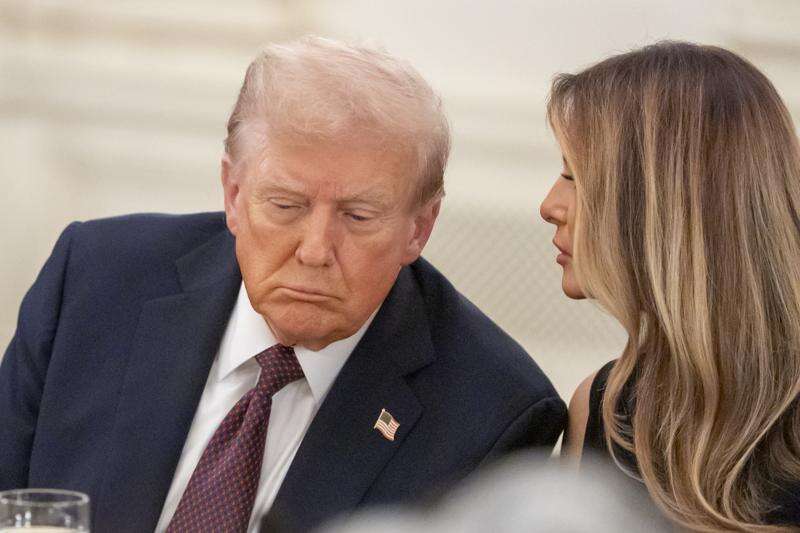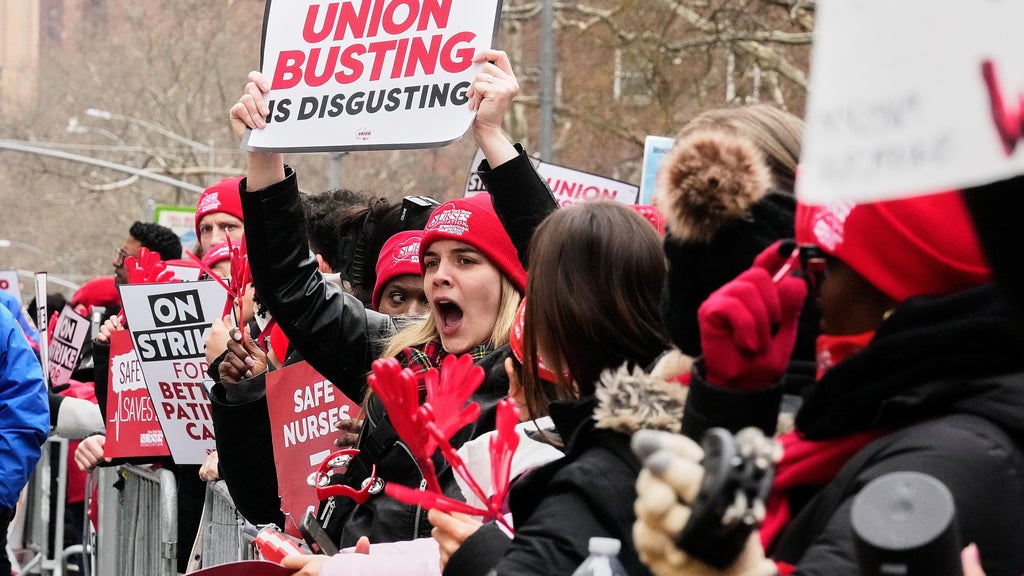
UPDATE: President Donald Trump is rapidly consolidating power in his second term, using government resources to settle personal scores and pursue political agendas. Just weeks into his administration, he has demonstrated a willingness to weaponize federal agencies against perceived adversaries, raising alarm among critics and supporters alike.
This unprecedented move escalated dramatically last month when hundreds of federal agents and National Guard troops were deployed across Washington D.C. after Trump invoked a rarely used law to take control of law enforcement in the capital. Reports suggest that similar deployments could target cities like New York, Chicago, and Baltimore, all run by Democratic leaders.
The implications of Trump’s actions are immediate and far-reaching. Trump has leveraged government power to intimidate universities, media organizations, and individuals, all while rallying his base around claims of a “weaponized deep state.” His supporters appear emboldened, viewing his aggressive tactics as a necessary response to perceived attacks from political opponents.
In recent actions, Trump has:
– Threatened to block a stadium project for the Washington Commanders unless the team reverted to its controversial former name.
– Revoked security clearances from law firms he targets, aiming to limit their access to federal resources.
– Cut billions in federal research funding to universities that don’t align with his agenda, forcing institutions like Columbia University to agree to a staggering $220 million settlement.
Moreover, Trump’s administration has pursued legal pathways to undermine adversaries, including dropping corruption charges against New York Mayor Eric Adams in exchange for cooperation in immigration crackdowns. Attorney General Pam Bondi is leading a grand jury investigation into the origins of the Trump-Russia probe, indicating a strategic shift towards targeting political rivals.
Critics argue that Trump’s tactics blur the lines between governance and personal vendetta. “Weaponizing the state to win the culture war has been essential to their agenda,” said sociologist David N. Smith from the University of Kansas. His comments underscore a growing concern over the erosion of traditional governmental checks and balances.
Trump has often framed his aggressive approach as a response to his own experiences with what he calls a “vicious persecution” by the Biden administration. In a striking statement on social media, he declared, “IF YOU GO AFTER ME, I’M COMING AFTER YOU!” echoing his intent to reciprocate against those he perceives as threats.
As Trump’s second term progresses, the administration is increasingly characterized by its willingness to bypass constitutional and legal norms, raising questions about the future of governance in the U.S. Under his leadership, the executive branch has expanded its reach, often unchecked by Congress or the judiciary.
Observers note that Trump’s approach represents a departure from traditional presidential conduct, with his administration embracing a culture of intimidation. His preference for aggressive tactics and disregard for established norms has set a concerning precedent, shifting the landscape of American politics.
Looking ahead, the focus will remain on how Trump continues to leverage government resources to pursue his agenda. With upcoming elections and rising tensions within the political landscape, the ramifications of his actions may resonate far beyond his presidency. As this situation develops, Americans and global observers alike will be watching closely to see how Trump’s strategies unfold and what they mean for the integrity of U.S. governance.
This unfolding narrative poses critical questions about the limits of presidential power and the role of the government in American life. The urgency of these developments cannot be overstated, as the future of the nation’s political framework hangs in the balance.







